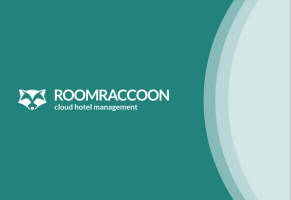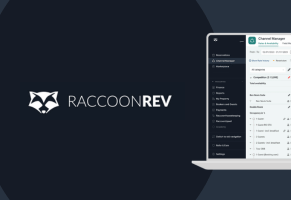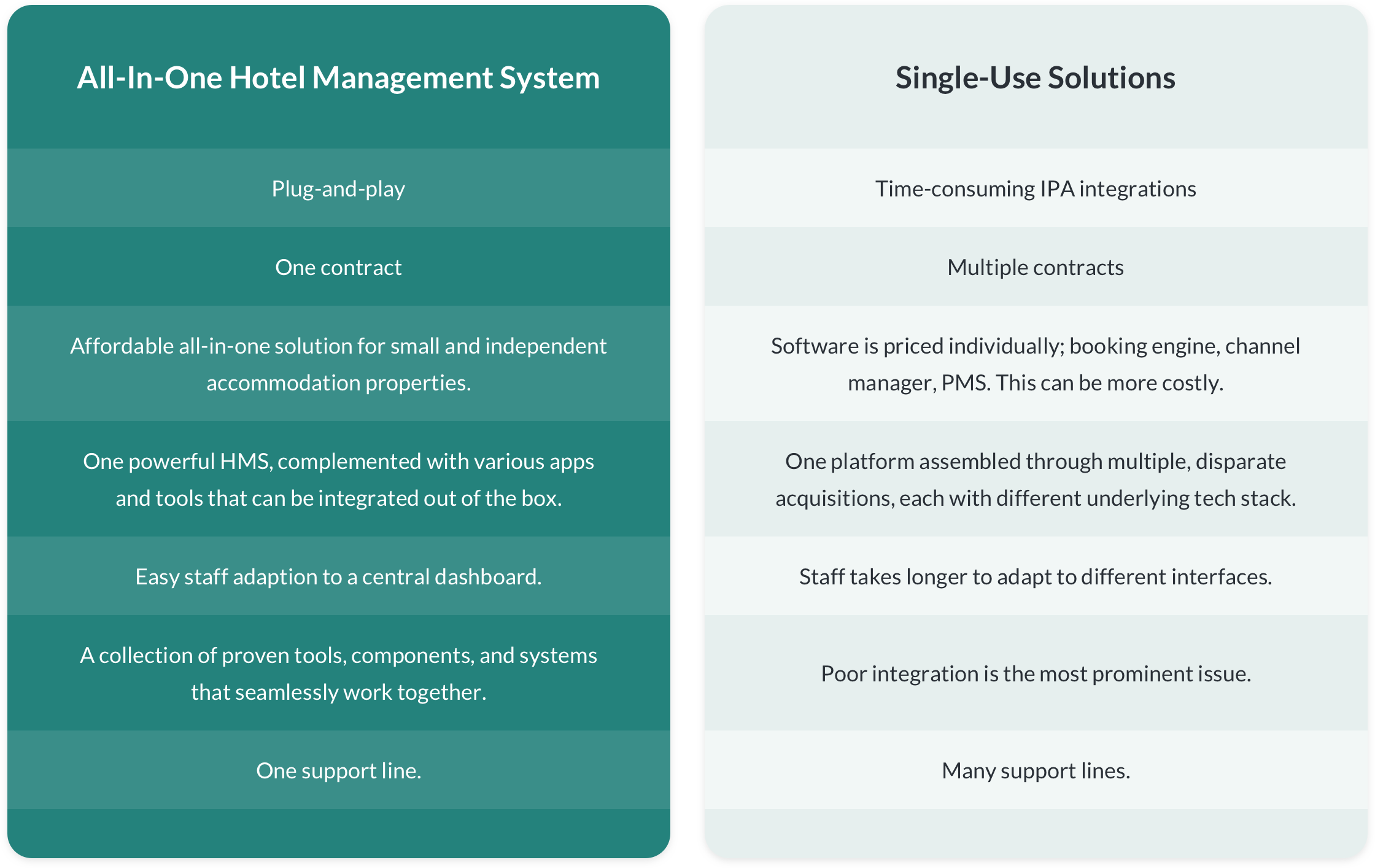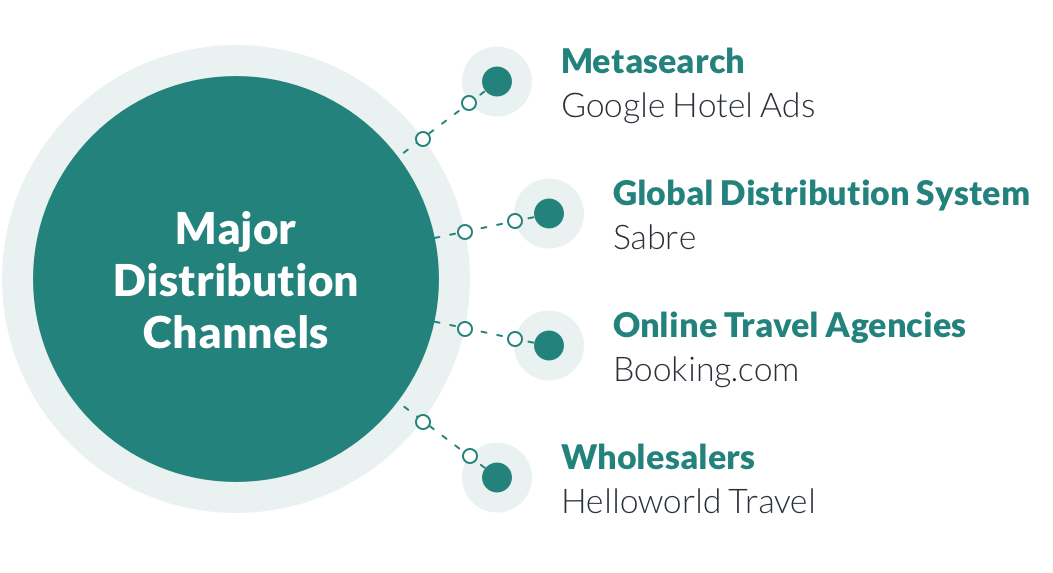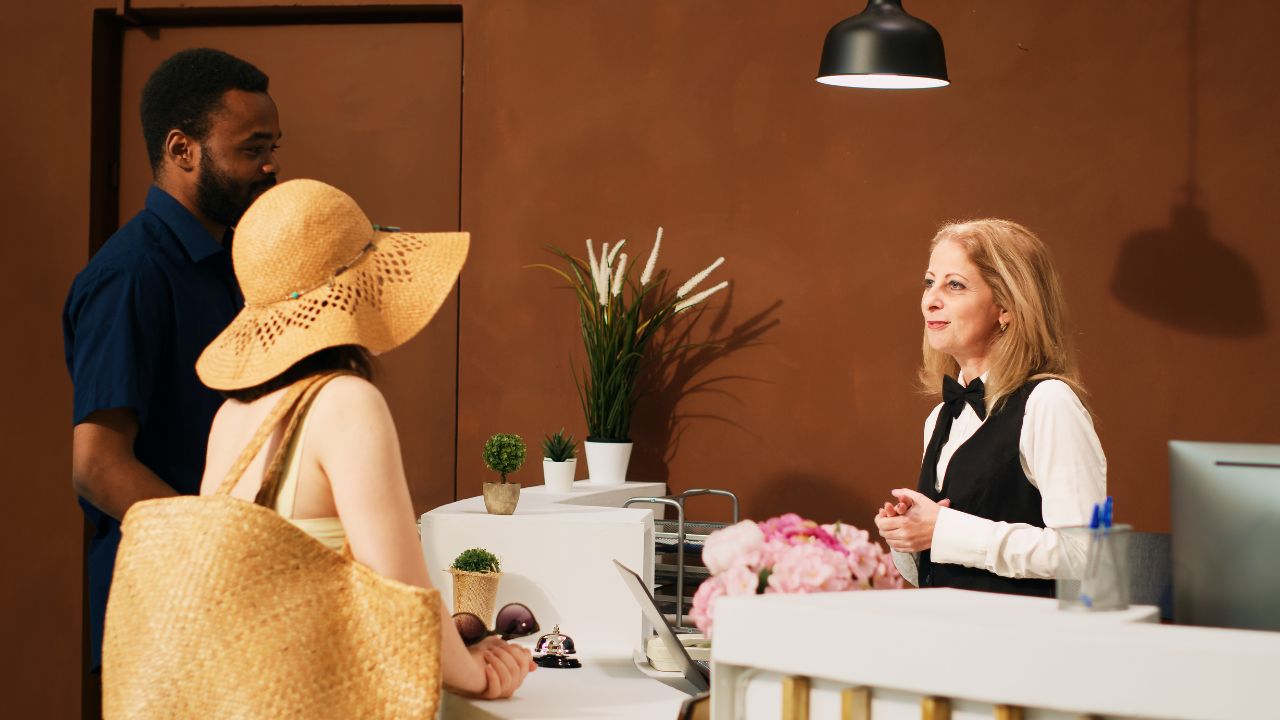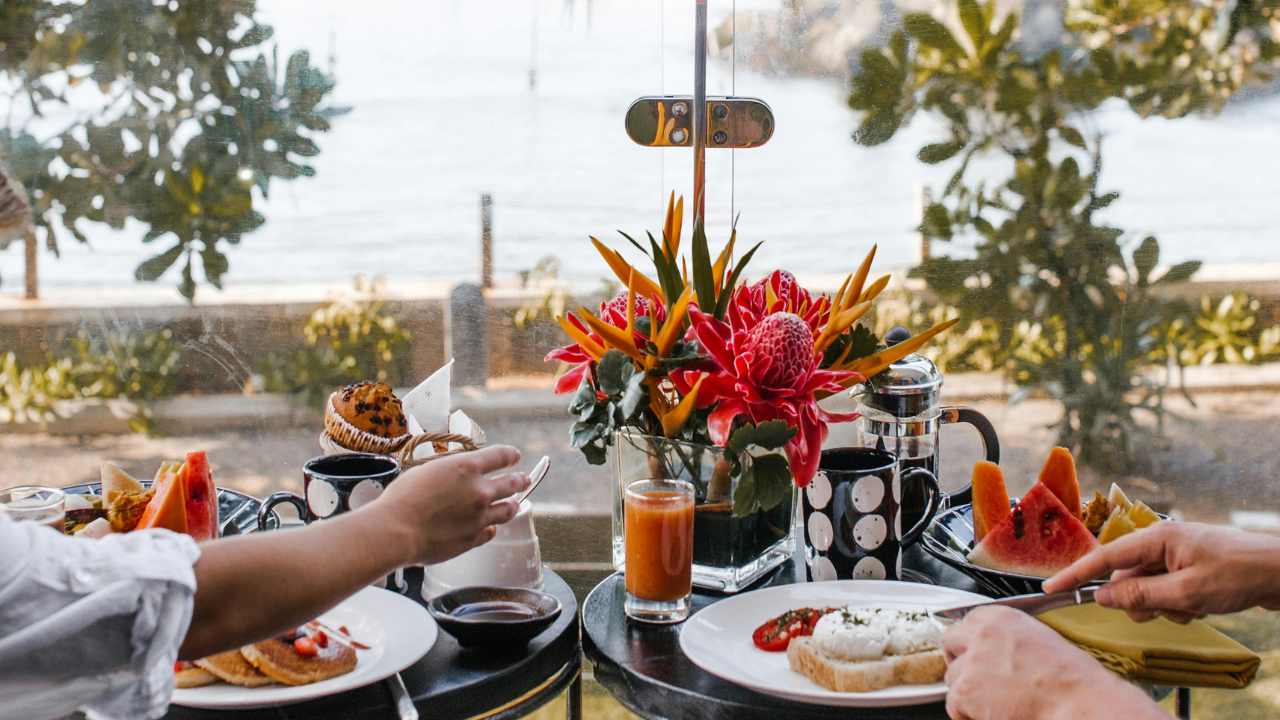CORE PRODUCT
Your Key To Success: Property Management System for Small Hotels
January 23, 2023 Layla. M
Share this post
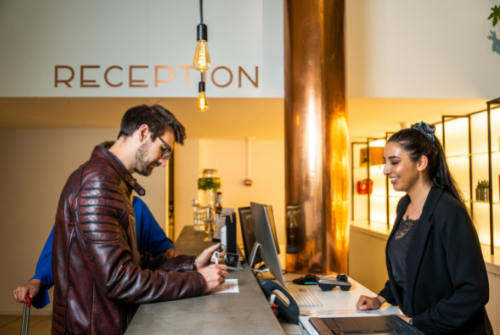
Small and independent hotels have different goals and challenges compared to big hotel chains.
And that’s why it’s important to find a property management system (PMS) for small hotels that address your property’s specific needs and core limitations like time-consuming front desk tasks, poor online visibility, client dissatisfaction and, ineffective distribution.
Without a PMS it’s hard to perform basic tasks like automatically processing online bookings and this can seriously stifle your growth. However, a well-built modern PMS can have a number of useful features that even go beyond automating reservations.
For instance, it can help you generate more revenue during the user journey with upselling tools.
Let’s take a look at what features and tools your PMS needs to help your property grow in 2022.
What Is a PMS for Small Hotels?
A property management system (PMS) is an essential software tool that replaced reservation books and Excel spreadsheets. At its core, it allows you to manage bookings, set up room types and rate plans, check guests in and out and produce invoices.
Nowadays, even eight bedroom properties require a PMS to run a well-organized and successful business in a fast-paced world. For example, drag-and-drop reservation changing without overlapping another is a basic function of a PMS that saves front desk managers a lot of time and eliminates errors.
What Does a PMS Look Like?
A property management system typically displays reservations on a calendar view dashboard where you can quickly see your daily, weekly and monthly bookings. RoomRaccoon’s PMS takes it a step further with colour-coded blocks that indicate a specific booking status. For example, green blocks with yellow triangles are bookings that are checked in and paid for.
This allows front desk managers to distinguish between bookings at a glance quickly.
What Is an All-in-One PMS?
Hotel operators have to work with too many applications: one for front desk management, one for housekeeping operations, one for channel distribution, one to capture direct bookings, and more.
These days, any good PMS has an integrated booking engine and channel manager. The demand for all-in-one solutions means that the software is more powerful and versatile, with tools to capture direct bookings and sell rooms on multiple channels.
What PMS Features Do Small Hotels Need?
1. Simplify front desk management
A property management system saves you a lot of time by automating your front desk tasks and essentially frees your hotel manager to focus on providing exceptional guest experiences. You can manage the entirety of your small hotel operations with a click of a button.
Below are a few essential functions of a hotel PMS:
- View all of your reservations on a single page
- Check guests in and out
- Include additional sale items to bookable rooms during various steps in the sales process
- Set up room types and rates and add new rates to existing rooms
- Allocate housekeeping staff to clean checked-out rooms
- Process online payments and charge credit cards
- Produce invoices
- Scan guest’s ID documents to auto-fill information in the designated fields
- Remember returning guests and their preferences
2. Manage your property anywhere you go
Check your bookings on the go with a property management system that is cloud-based and accessible on smartphones and other devices. Staff with busy schedules, or who works remotely can use this PMS function to stay up to date with reservations and housekeeping staff without being tied to the front desk.
3. Communicate effectively with guests
Guest communication is essential, even for small properties. It instils trust and professionalism and leads to a richer guest experience. However, you don’t need an email marketing system to communicate with your guests. A good PMS has email automation functionality that allows you to set up and send essential guest communication emails such as;
- Booking confirmation email
- Pre-stay email with the option to add an online check-in link
- Post-stay email with the option to add a discount code
- Payment request
Even better, you can customize the emails to match your brand’s look and feel.
4. Manage your housekeeping
Housekeeping is a fundamental part of your daily operations and should be treated as such. Small hotels typically use external staff for housekeeping and maintenance and therefore require an effective communication of daily duties.
A modern PMS like RoomRaccoon has a dedicated housekeeping dashboard for front desk managers to allocate rooms and set time limits for cleaning. At the same time, cleaning staff can use a RoomRaccoon housekeeping application on their smartphones to quickly see an overview of their daily tasks and in turn, communicate their availability and much more!
5. Generate more revenue at every step of the customer journey
From the moment prospective customers search for somewhere to stay to the moment they check-in, you can actively increase your revenue per available room (RevPAR) with PMS tools that engage customers with additional offers and dynamic pricing.
Look out for property management systems that have integrated yield management and upselling tools otherwise, you’ll be forced to separately install these powerful revenue-generating tools which will end up costing you a lot more.
Here’s an example of upselling during online check-in:
6. Make data-driven decisions
Limited budgets can constrain small hotels. They need to make every dollar count, meaning they should spend their money where it will impact their business growth. With advanced reporting on your PMS, you will be able to see where you should allocate your money by tracking:
- RevPAR (revenue per available room)
- Average occupancy
- Average revenue generated from upselling
- Average length of stay
- Reservations per country
- Total revenue per room category
- Total unoccupied rooms
7. Distribute room availability
Small and independent properties no longer depend on walk-ins and call-in reservations. That’s because travelers are researching, planning and booking their holidays online and sometimes they book entire trips from a single booking channel like Booking.com because it’s simply convenient.
Suppose you’re still manually listing your rooms on the extranets of different booking channels. In that case, you risk double booking your rooms – resulting in unhappy customers, lost revenue, and even more wasted time trying to rectify the situation.
That’s why an all-in-one PMS with an integrated channel manager is more effective. Your availability in your PMS is updated in real-time and distributed to all your booking channels in 5 seconds.
What can your integrated channel manager do?
- Instant live rate and availability updates
- Upload your inventory up to 12 months in advance
- Manage all your booking sites from one place
- Track your channel performance
- Connect to all major distribution channels
8. Get direct bookings from all corners of the world
Travelers who know how to shop around, know that major hotel booking channels don’t always offer the best deals. They compare options on the hotels’ websites to get a good deal.
For this reason, if your hotel PMS does not have an integrated booking engine, you’re likely losing out on commission-free direct bookings from all corners of the world. With a booking engine available 24 hours a day, seven days a week, you can process bookings from international travelers without lifting a finger.
How Much Does Hotel PMS Cost?
Hotel PMS pricing differs from vendor to vendor. However, the most favorable pricing model for small hotels is monthly or annual pay-per-room subscriptions. This way, hotel operators only pay for the size of their property instead of being limited to standard market pricing for hotel software.
Another cost to take into consideration is a set-up fee. The cost of implementing the software will either be charged as billable hours or as a once-off set-up fee.
Also, the best part about a cloud PMS is that it can expand with your needs. So, check with your vendor about third-party integrations like digital room keys and accounting connections to customize your property as guest expectations evolve.
What do you pay for?
- All-in-one solution (hotel PMS, booking engine, channel manager)
- Set-up fee
- Additional integrations (optional)
- Support
Learn more: RoomRaccoon PMS Subscriptions
Conclusion
It’s no secret that the hospitality industry is competitive. With more and more hotel technology solutions arriving on the market each year, it’s clear that hotel managers need to get on board or get left behind.
So if you’re in the market for a PMS that is simple to use, efficient and gets real results, take a look at RoomRaccoon. We bet you’ll be blown away.
BOOK A DEMO
Follow us
Layla. M
A grammatical purist with a love for the written word, Layla is a Content Manager at RoomRaccoon, passionate about producing content that drives results. Her passion extends to everything Layla sets her mind to, such as spearheading social responsibility projects for the community and also exploring the beautiful city of Cape Town.
Related Posts
Subscribe to our newsletter for more on the latest hospitality & RoomRaccoon updates delivered straight to your inbox!
